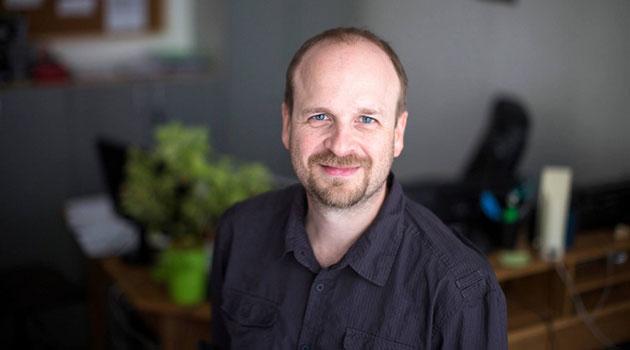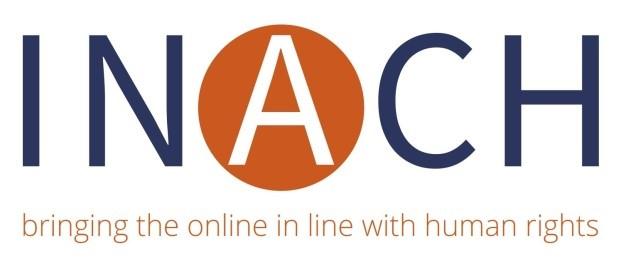Zdeněk Ryšavý: Online hate - what can we do? Welcoming remarks at the 2019 Annual Conference of the International Network against Cyber Hate (INACH)

On 30 October 2019 a conference took place at the Hotel Belvedere in Prague on “Antigypsyism and Hate Speech Online“. Addressing the flow of hatred online was the focus.
Zdeněk Ryšavý, director of the ROMEA organization, was one of the speakers. News server Romea.cz is publishing his opening remarks below here in full translation.
Ladies and Gentlemen,
On behalf of the ROMEA organization, please allow me to welcome you all to INACH‘s annual conference here in Prague.
Welcome to the Czech Republic – the country where, for quite some time, the President was Václav Havel, one of the greatest human rights defenders and one of the greatest fighters against hatred and the dissemination of lies. Today his motto, “Truth and love must prevail over lies and hatred”, is being ridiculed in the Czech Republic. People like you and I are being derisively called “do-gooders” or “naive optimists” – and the term “truth-lover” is now a slur in the Czech language.
Today the President of the Czech Republic is a person who has deceptively alleged that 90 % of Romani people in the Czech Republic do not work, and that “slapping” Romani people who do not work is a “very humane” method that usually gets results. One of the vice-chairs of the lower house is a person who is openly belittling and denying the suffering of Romani people in the concentration camp at Lety u Písku during the Second World War.
I could give you many more examples. These politicians’ remarks are then disseminated through the Internet along with the appropriate commentaries authored by those doing the sharing. How should we respond to such lies and to the sharing of hate toward Romani people online?
ROMEA regularly objects to such remarks, whether made by politicians or anybody else, and does its best to respond by clearly reporting what the evidence and facts of these cases actually are. Is that the correct form of response? Are we managing to get our response to the same number of people as originally received the deceptive, hateful remarks in the first place?
Thanks to our news server, Romea.cz, we are managing to push Romani people’s own responses to this hatred into the big media outlets. One example was the Roma response to President Zeman’s outrageous remarks about Romani people not working – Romani people flooded Facebook with photos of themselves at work in a range of professions that was as broad as you can imagine. Thanks to Romea.cz reporting about this social media phenomenon, it became news not just in prime time here, but was also picked up by wire services abroad. Is that the correct response?
ROMEA, together with the In IUSTITIA organization and the Publicis agency, launched a campaign in September this year to reach those who witness hateful attacks here. We have done our best to provide guidance on how bystanders can respond to specific situations, how they can aid people who are in the process of being attacked, whether in the real world or online. Is that the correct way forward?
Paradoxically, immediately after we released our campaign video online, the actor featured in it, Hynek Čermák, himself became the target of hateful commentaries – and the reason was that he made the video together with the ROMEA organization, i.e., an organization that is involved with Romani-related subject matter.
Such attacks are not isolated incidents. The ROMEA organization itself has been threatened online with arson, for example. When we filed a criminal report about that specific comment, we were told by the police and the prosecutor that it did not rise to the level of a felony. The response has been the same in other cases where those writing online have said, for example, that they want to “skin Romani children”. The prosecutor called those remarks “Internet colloquialisms“.
I am glad that at another recent conference here about hatred on the Internet, Supreme State Prosecutor Pavel Zeman, clearly stated that those who write hateful posts should know they can be found and held accountable by law enforcement. He also mentioned that the most frequent target of bias hatred on the Czech Internet continues to be Romani people, and for that reason I believe INACH has done very well to choose antigypsyism as the subject of its annual conference this year.
I believe we will have very concrete discussions today about possible approaches to combating antigypsyism on the Internet. By sharing our experiences with each other we will find the most effective approaches to take when responding to these hateful attacks.
